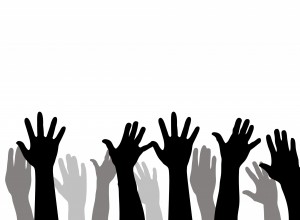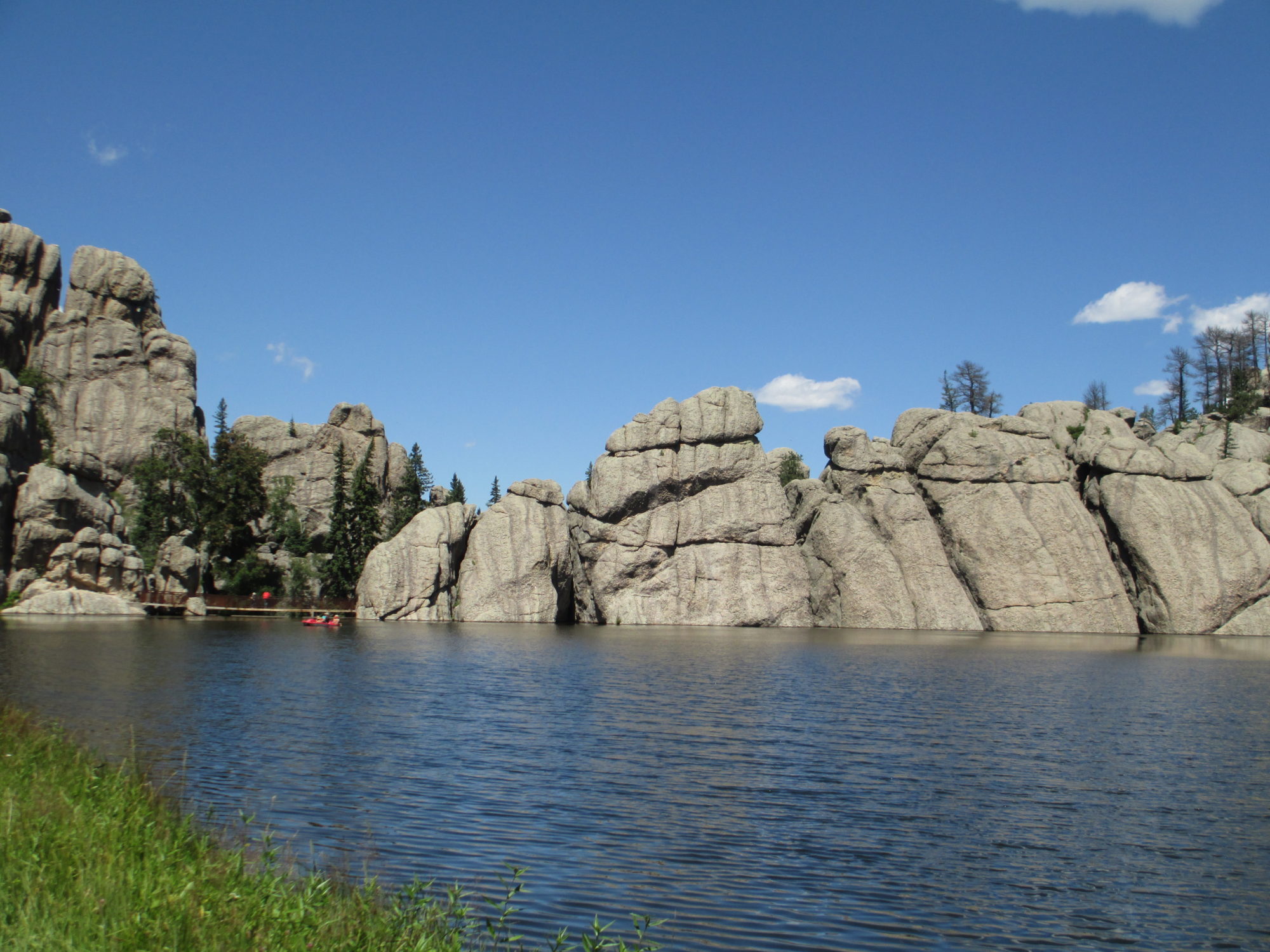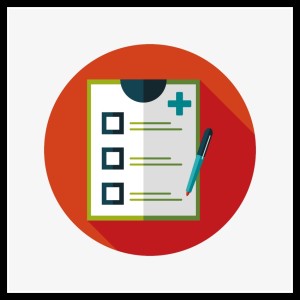 There are many fallacies in the Reiki community about what Reiki is, how it is practiced, and what Reiki practitioners can do. I completely understand how these have developed. One of the reasons is because Reiki is so malleable. It perfectly blends with other traditions, practices, and treatments. Another reason for these fallacies is because Reiki practice and teaching has not been standardize so the beautiful people who have learned it have morphed it into things that are as unique as each of them.
There are many fallacies in the Reiki community about what Reiki is, how it is practiced, and what Reiki practitioners can do. I completely understand how these have developed. One of the reasons is because Reiki is so malleable. It perfectly blends with other traditions, practices, and treatments. Another reason for these fallacies is because Reiki practice and teaching has not been standardize so the beautiful people who have learned it have morphed it into things that are as unique as each of them.
- “I felt something.”
This is often uttered by a well meaning Reiki practitioner who is seeking to do something that he or she is not trained or licensed to do, i.e., diagnose. Indeed, as Reiki practitioners we do often “feel” something.
We experience a whoosh of energy at the heart or a lack of energy pull at the stomach or an almost overwhelming draw of energy at the kidneys. Yes, you felt something, but what does it mean? Do you really know if it is a good thing or a bad thing? Can you prove that?
But let’s get to the most important part of this conversation, what will your words mean to the person you’re speaking to? Will this be helpful to them? Will it uplift them and facilitate their healing process? Or is it simply you seeking to uplift your ego and your place as the expert and the reader of energy fields? Please, think before you speak and keep your audience’s perspective and needs at the top of your mind.
- “Your chakras are out of balance.”
Let’s go back to our Reiki textbooks. The chakras are part of a system that is separate from Reiki. If you’re practicing Reiki and chakra balancing together, you’re doing something other than pure Reiki. You’ve created your own thing. (Or you’re following the practice your teacher created independently.)
The knowledge of the chakras is not needed in order to understand, practice, or benefit from Reiki. (The recent recordings made by Phyllis Furumoto that are on YouTube provide more background on this topic.)
- “Reiki should be free.”
It is wonderful to offer free Reiki sessions to those who are suffering and are unable to afford to pay for a session. I highly recommend this to my students and colleagues as a way to give back to your community and as a valuable learning tool because you will encounter so many different types of people and you will spread so much good.
However, most sessions should be done for a fee. People devalue that which is free. Also, payment provides a valuable energy exchange. As a practitioner, you’re offering your time and expertise during a session and the gift has been reciprocated when your client offers you a monetary payment. (Bartering is also a way to complete that energy exchange, if the value of the barter makes sense for both parties.)
If you’re questioning how this impacts the practice of Reiki and if it is traditional, please read this transcription of an audio recording made by Hawayo Takata. It will make you seriously question “free.”
Wishing you the love and light of the universe.

 In every Reiki class that I teach, I say, “We [Reiki Practitioners] don’t diagnose.” It’s an important directive to keep in mind because when we practice Reiki we often notice things about a client’s physical or emotional state. For instance, we may notice that a lot of energy is drawn in at the crown of the head, or that very little energy seems to be drawn in at the stomach, or that the breath deepened when our hands were in the heart region, or that the client was holding a lot of anger or grief inside. Also, a client may ask us at the end of a Reiki session, “What did you notice?” There is a temptation to draw conclusions and make recommendations based on what we sensed and our experience as practitioners. However, it is important not to diagnose for three reasons.
In every Reiki class that I teach, I say, “We [Reiki Practitioners] don’t diagnose.” It’s an important directive to keep in mind because when we practice Reiki we often notice things about a client’s physical or emotional state. For instance, we may notice that a lot of energy is drawn in at the crown of the head, or that very little energy seems to be drawn in at the stomach, or that the breath deepened when our hands were in the heart region, or that the client was holding a lot of anger or grief inside. Also, a client may ask us at the end of a Reiki session, “What did you notice?” There is a temptation to draw conclusions and make recommendations based on what we sensed and our experience as practitioners. However, it is important not to diagnose for three reasons.